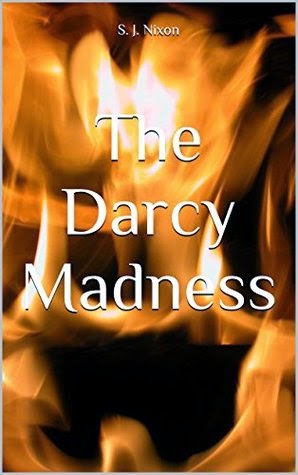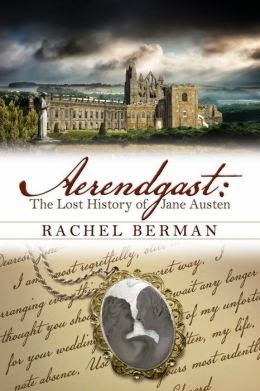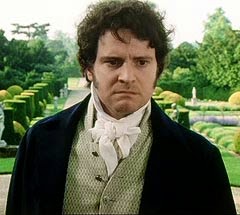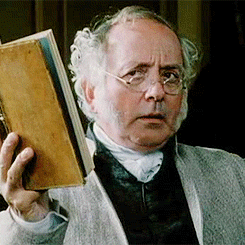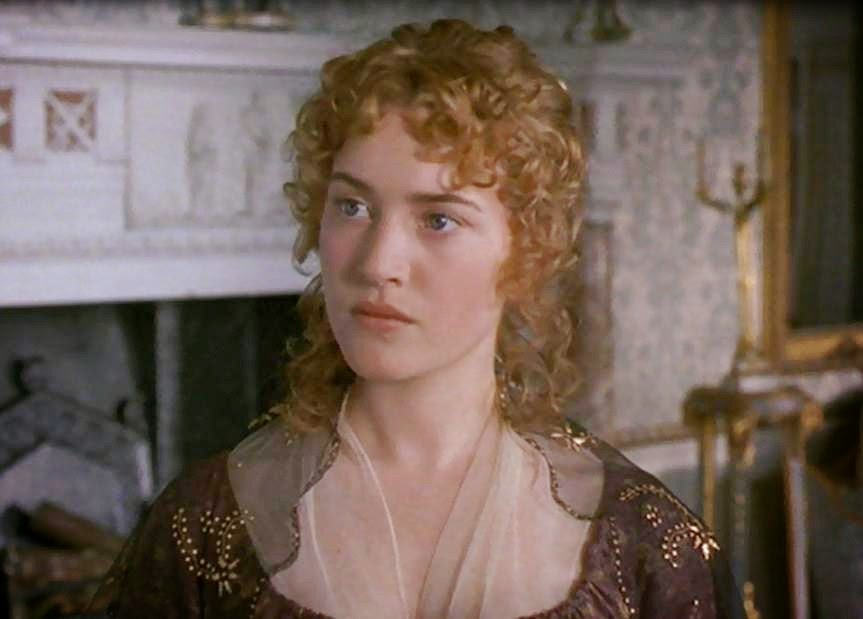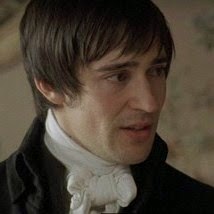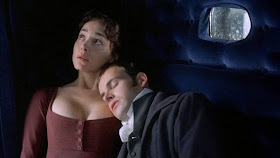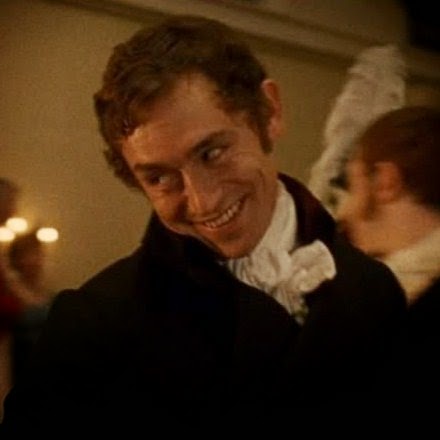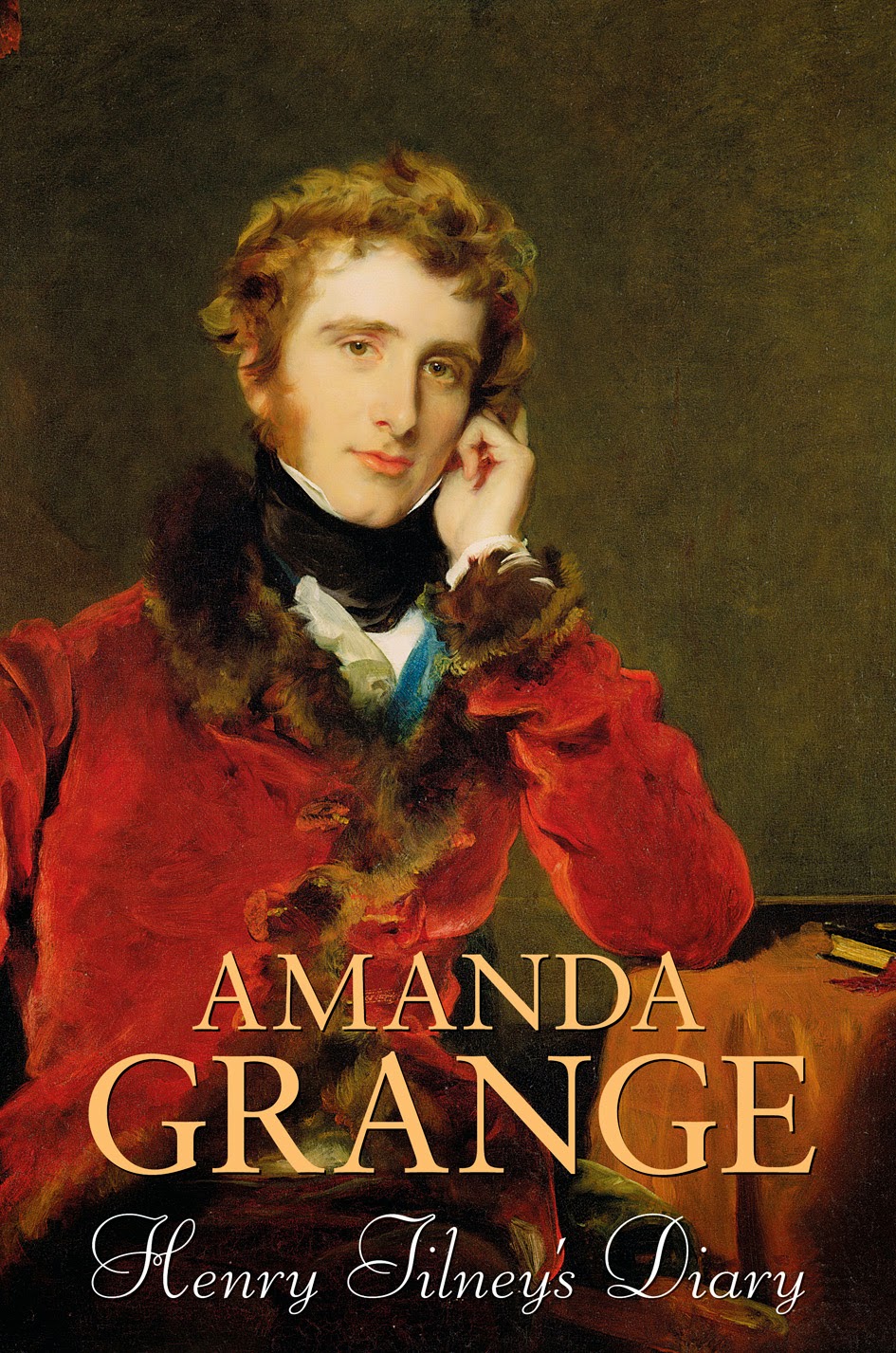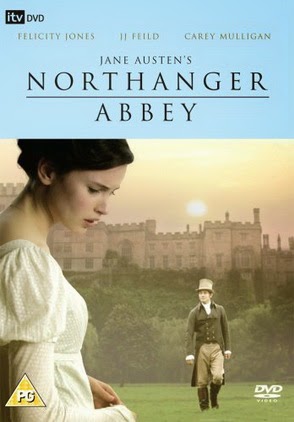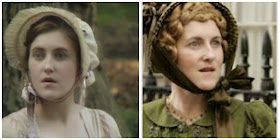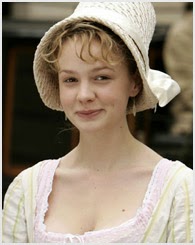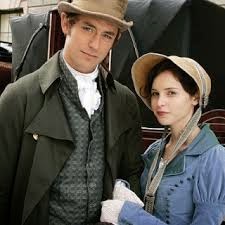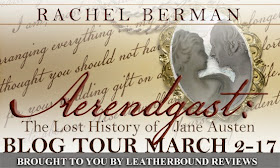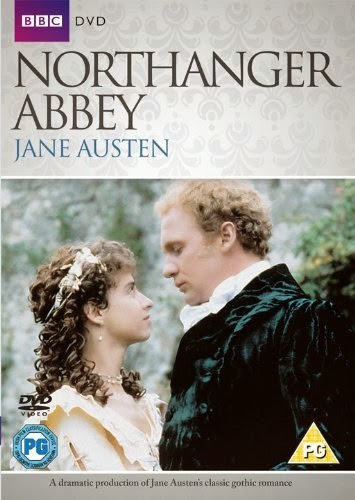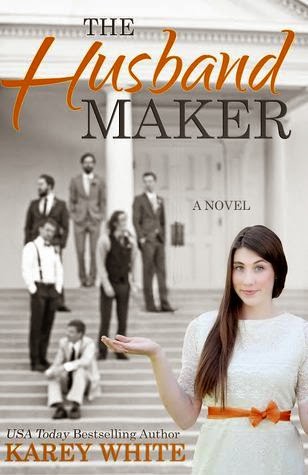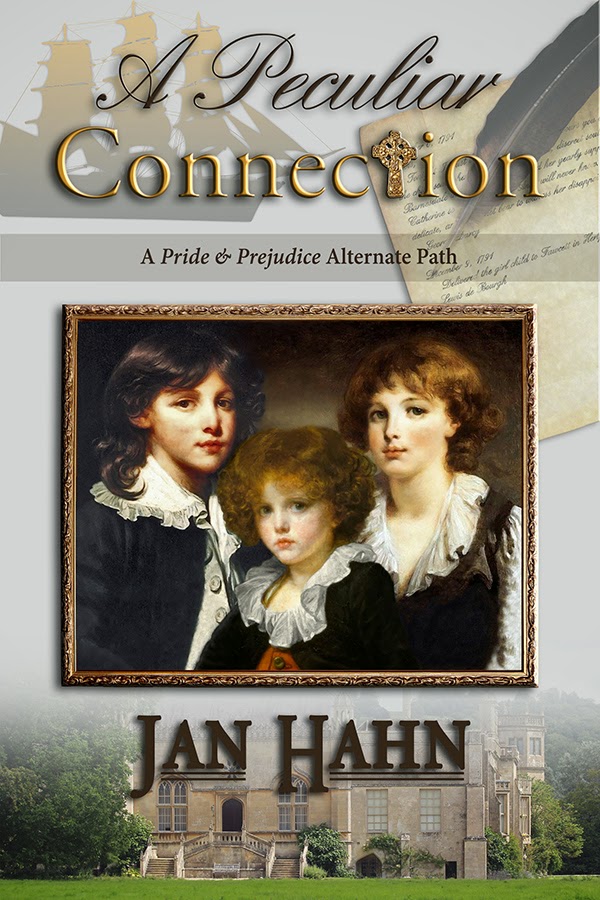Amanda Grange has written a whole range of these diaries, Austen’s stories from an alternate point of view. Following my recent read of '
Northanger Abbey', it seemed a good time to see what the book may have looked like from Henry Tilney’s point of view. I’ve read a few of these diaries before, the Captain Wentworth one, which was my introduction to JAFF (Jane Austen Fan Fiction) and I followed that up by reading the Mr Darcy one. I enjoyed them both, although I felt, particularly with the Darcy one, that his character hadn’t quite been captured. I was interested to see how Austen’s most amusing hero, Mr Tilney, had been represented.
The story begins when Henry is aged 16, so about 9 years or so before the events of 'Northanger Abbey', and the author builds a picture of the family. At this time, Mrs Tilney is still alive, beloved by all her children and very much the centre of the family, although she has spells of illness. Henry’s older brother, Frederick is extremely wild. He is his mother’s darling and his father’s exasperation, and his wild behaviour is given as the reason for the fact that he, the heir to the estate, was sent into the army. Frederick is feckless with his money, and believes himself to be in love, until a rude awakening makes him realise that the woman he thought he loved was only interested in finding herself as rich a husband as possible. Frederick takes this very hard, and drunkenly warns his brother away from love:
‘Poking me affectionately in the chest, he went on, in a slurred voice, “You’re a good man, Henry, a very good man. You’re not just my brother, you’re my best friend and I love you, I do. So I will tell you something, Henry. Now listen carefully. Come closer. Closer. Never give your heart to a woman. Never, never, never. Promise me. Promise me!’
Henry and his sister Eleanor are very close. Their relationship was so lovely, with plenty of affectionate banter, and a shared love of gothic novels, which they read together. I enjoyed seeing so much of Eleanor Tilney, because in Northanger Abbey she is a lovely character and I would have liked to have seen her get a bit more page time. Here they are discussing how Henry could become suitably villainous if he were to feature in one of these novels:
“I don’t suppose I can become a rake all at once, but I will take it in stages. I will begin by making a mildly scandalous remark to the Lowrys’ governess, perhaps commenting on her shapely ankles. I will make a similar small beginning on gambling, betting five shillings on whether or not it will rain on Saturday, and proceed from there.” Eleanor laughed and ran through into the walled garden, where we were sheltered from the wind.
“You will never make a good villain,” she said. “You will have to resign yourself to being a hero.”
The theme of Henry being the hero goes throughout the novel; I thought it was wonderfully apt when you consider that Northanger Abbey opens with a discussion about Catherine’s suitability to be a heroine.
After Mrs Tilney’s death there is a break in the timeline, which picks up again a few months before the time that the Tilneys travel to Bath. Here we get the details of Eleanor’s forbidden romance, which was quite sweet. Henry approves of her choice:
‘I wondered how I felt about the idea of his becoming my brother-in-law. His gaze, as it fell on Eleanor, was rapt, and that was a point in his favour, for anyone who marries Eleanor must adore her to have my blessing.’
When we move on to Bath we have caught up to the point where the Tilneys meet with Catherine and so pick up with the opposite side of the story we already know from ‘Northanger Abbey’. There is quite a lot of Austen’s dialogue in this part, which I suppose is unavoidable, because the same scenes are being described. In NA, most of the best lines are Henry’s and here we are treated to his thoughts too.
‘Your heroine? Eleanor mouthed silently to me.
I smiled, for Miss Morland certainly had all the hallmarks of a heroine. She was sweet and innocent and honest and loving. She had a great affection for her brother. She was, for the present at least, without a mother and under the care of her mother’s friend. And if she was not presently threatened by some cruel marquis, well she was young and there was still time!’
We also see Catherine’s visit to Northanger Abbey and the part that follows her return to Fullerton from Henry’s point of view, the argument with his father, but also some resolution for Captain Tilney’s story. I thought that part was really nicely done, because not only are reasons put forward for Frederick’s behaviour, but also we see him move on and get some closure.
As I said, I’ve read a couple of other books in this diaries series, but I thought this one was most successful in terms of capturing his voice and humour. I really enjoyed seeing the close relationship between Henry and his sister, seeing the possible back story for Captain Tilney and seeing some of Eleanor’s romance. If you are a fan of ‘Northanger Abbey’ I think you’d probably enjoy this book. I certainly did, it was the type of read where I kept finding myself smiling as I read along!
The only real downside I found with this book was the formatting. I read the kindle version and I wasn’t expecting any problems in this regard, as this is a book from a long-established publisher, but the formatting wasn't great, especially at the beginning. There are many spaces missing between words and line breaks in odd places. Thankfully, the missing spaces between the words was only at the beginning of the book because otherwise it'd be unreadable, but the line break problem happens throughout the book, almost as if it had been converted to kindle from a different format and the spacing not checked, not even on the first page. There were also instances of words being incorrect that seem to have been done by a spellchecker e.g. ‘deus ex machina’ was ‘deus ex machine’ etc. I was pretty unimpressed by this, I’d expect better from a publishing house. However, I am not going to let this affect my star rating, it gets a highly enjoyable 5 star rating from me.

